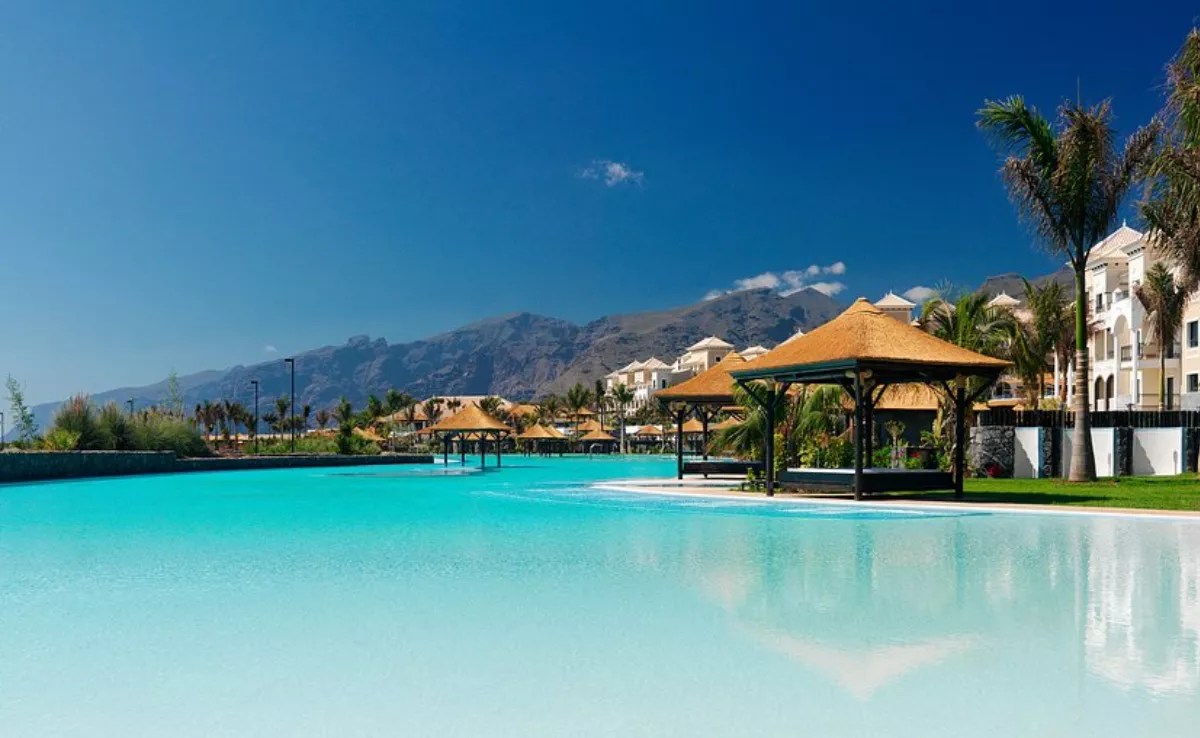Vanesa Díaz lost her father on September 30, 2023, four months after he was diagnosed with a terminal illness. The last stretch of her life was an ordeal for him and his family, who resided in Cabo Blanco. The only option to relieve the pain was the palliative care that he received at the Hospital del Tórax, in the capital of Tenerife. His fragile condition and the numerous trips to Santa Cruz took their toll on Andrés, a well-liked neighbor in the aron town, and took their toll on his family circle.
His daughter explained yesterday to DIARIO DE AVISOS the obstacle course that the treatment became in the last four months of her father’s life. “We wanted to have him at home and without him suffering, that was the priority, but between one appointment and another at the Chest Hospital three weeks could pass, although with telephone follow-up, but the progress of the disease was such that adjustments were needed in the treatment. treatment. Since it was no longer enough, because the pain was getting worse, we went to the emergency room to have it patched with specific treatment,” said Vanesa.
In addition, he remembers that they visited the family doctor on several occasions, who once came to the home “when we were overwhelmed.” “We felt like a ball from one place to another: from the Thorax Hospital to the Emergency Room and to the family doctor, and furthermore, with criteria that did not always coincide; I remember arguing with my mother about the dose of morphine that we should give my father so that he would not suffer, but at the same time trying to control the side effects.”
Vanesa, a psychologist by profession, supported by a group of friends and co-workers, has set out to end the suffering that her father and his family had to go through. To do this, she has created a platform that claims a Palliative Care unit at the Hospital del Sur through the website paliativostfsur.es and on social networks under the name Nosomosdesegunda. With these digital spaces, which already have great social support, it is intended that people in the South who require palliative care receive them as close as possible to their homes, even in their own home, thus avoiding greater physical wear and tear on patients and emotionally to their families.
Vanesa presented a formal complaint to the Canarian Health Service and has transferred her initiative to the Provincial Council. In this process she has discovered, to her surprise, that the resource she demands should have been providing service for almost three years, which has multiplied his indignation: “Preparing the complaint we saw that there is a 2018-2021 Strategy, which can be consulted on Google, and that contemplated the implementation at that time of four Palliative units distributed in the two hospitals in the metropolitan area, the South and the North, with 40 hospital beds and also 24-hour home care teams. In other words, we are asking for something that should have been working for years, which I find outrageous.”
NATIONAL IMPACT
The efforts of this 44-year-old resident of Cabo Blanco to carry out her proposal has already reached the Spanish Society of Palliatives, which has contacted her to inform her that it accepts her request and to inform her that she is “fighting” for a national law. palliative care. She has also extended the invitation to participate in a conference that will be held in April.
“In other words, from creating a unit in the south of Tenerife we have gone, in less than a week, to indignation because the strategy planned by Health has not been developed and, now, to demanding a national law,” he explained to this Vanesa newspaper, aware that more and more families are affected by this problem.
“Above all, we want to know why this strategy has not been developed, when there was a budget item of 4,210,000 euros for those four years,” insists Vanesa, who summarizes the objective she pursues in a final conclusion: “To live with dignity when the The only option is to die, it is a right that must be guaranteed, regardless of where you live. In the South we are not second class. 50 years ago we could understand it, but today, with the current level of development, we cannot.”















